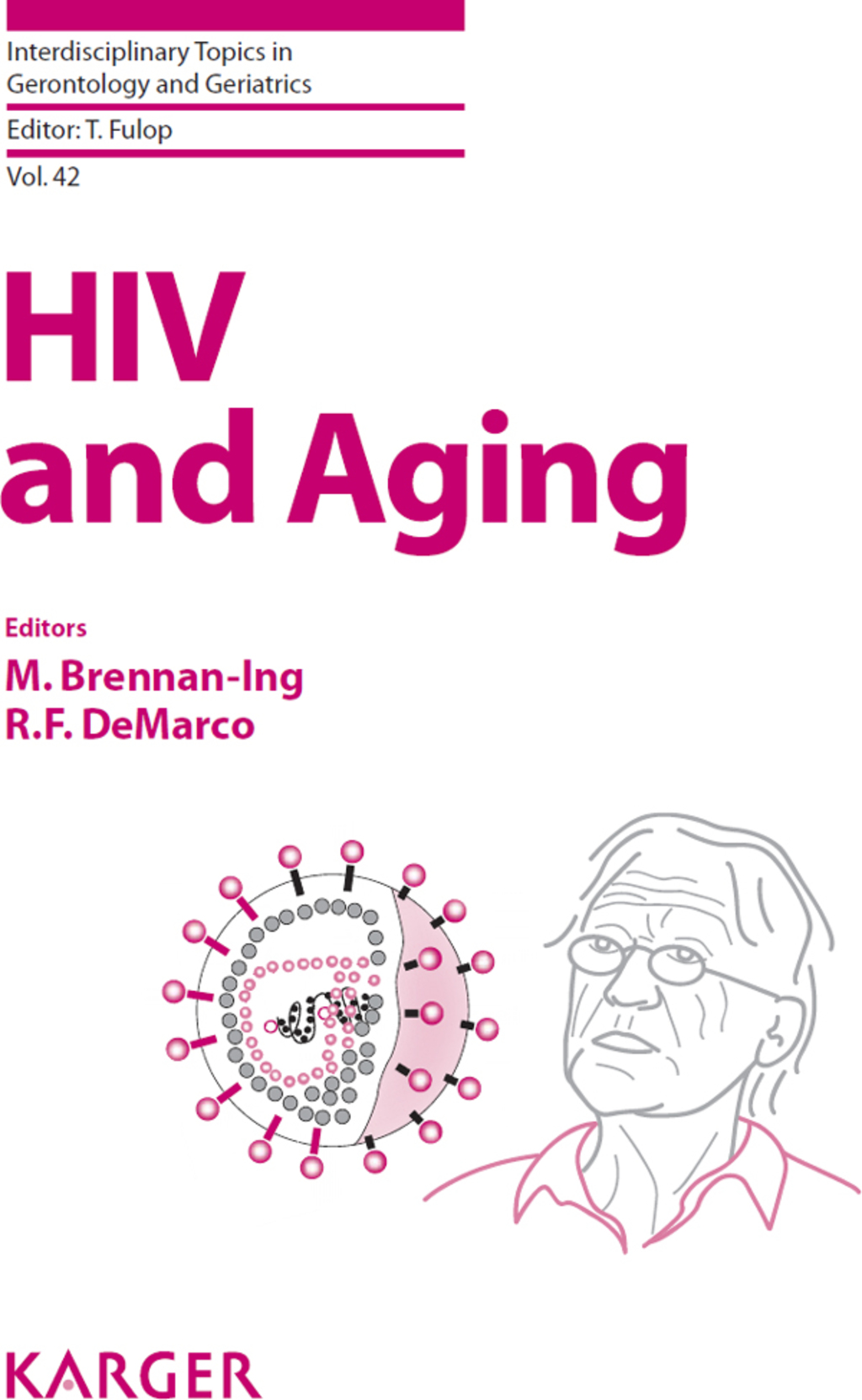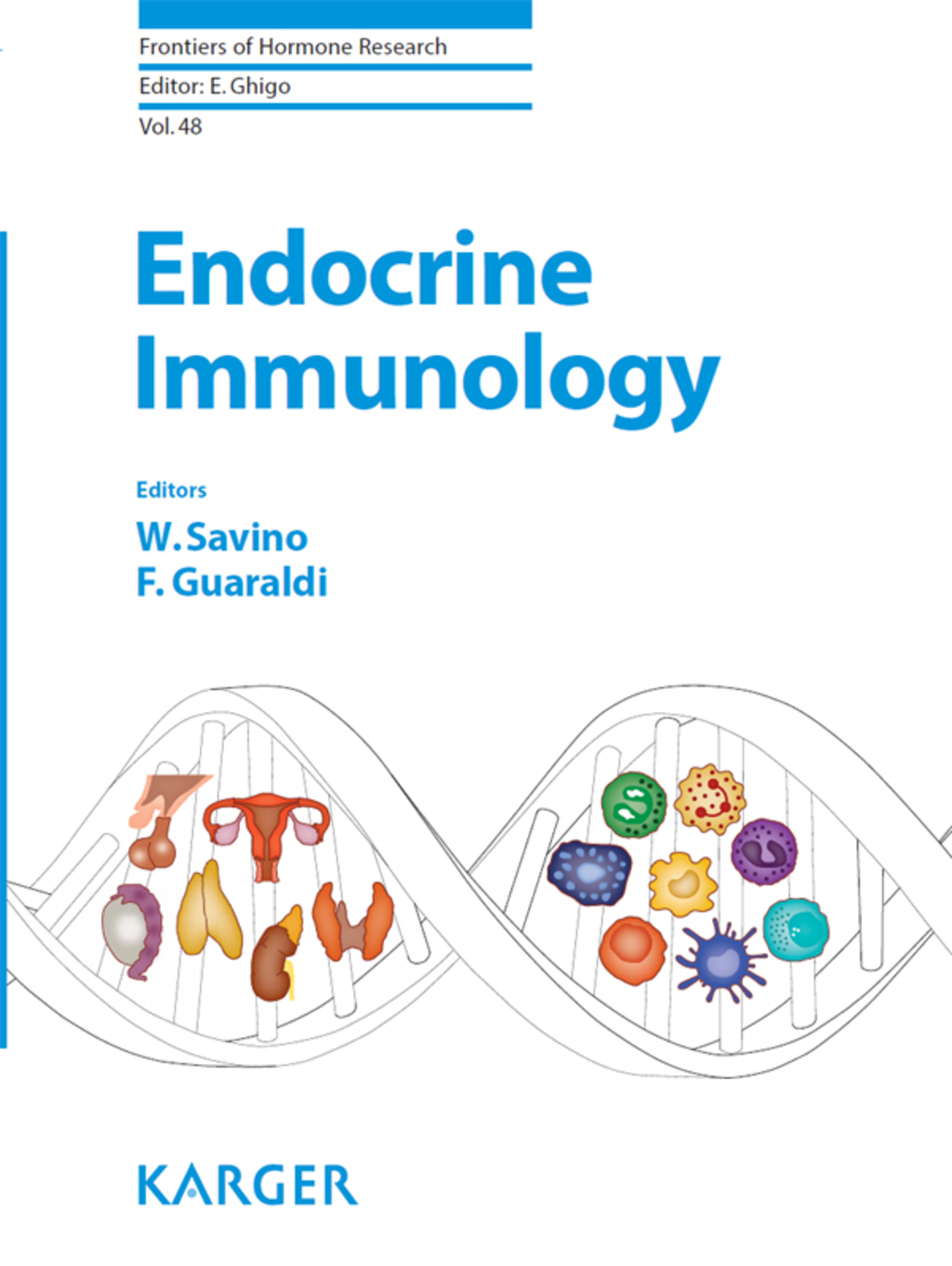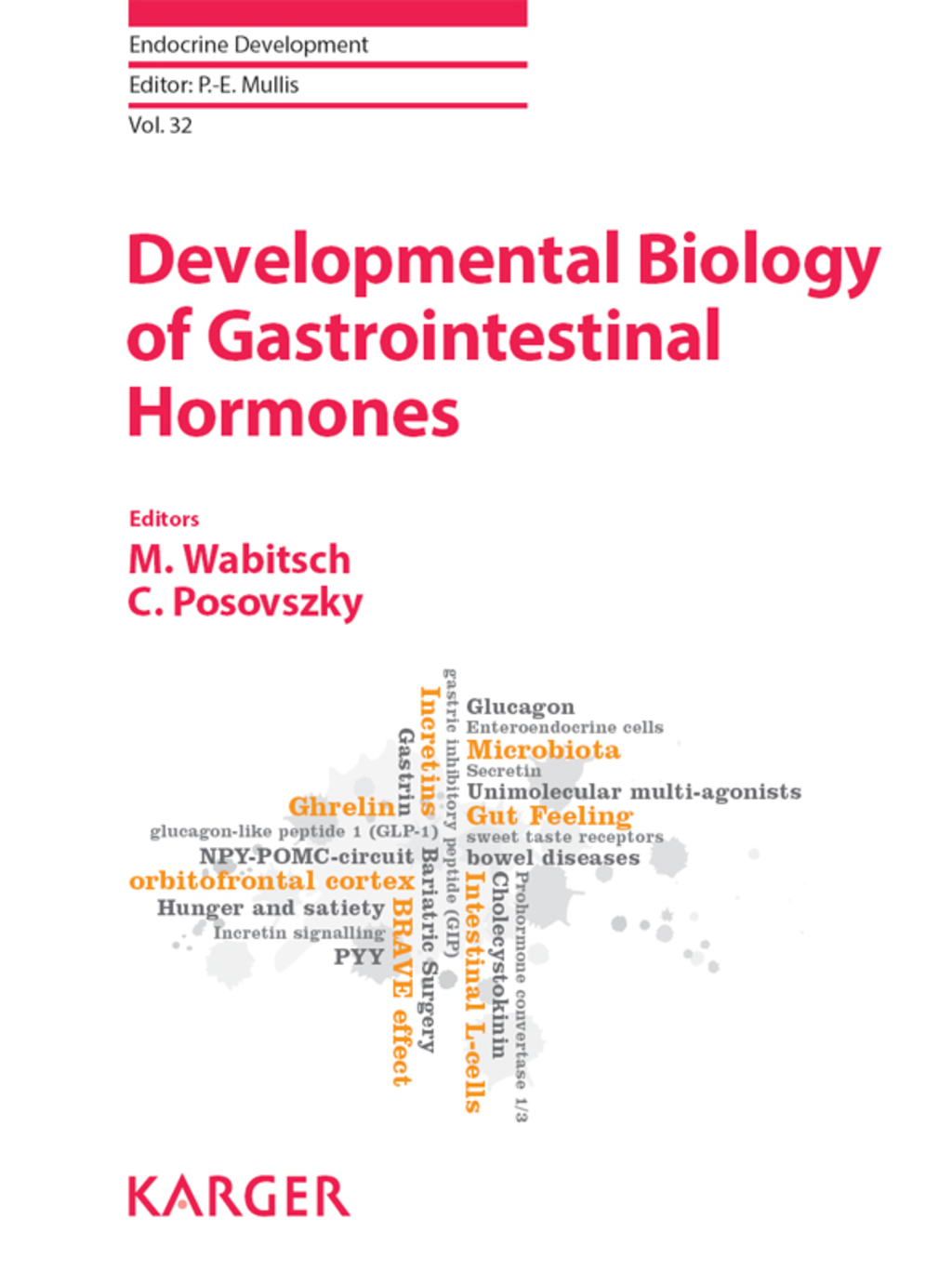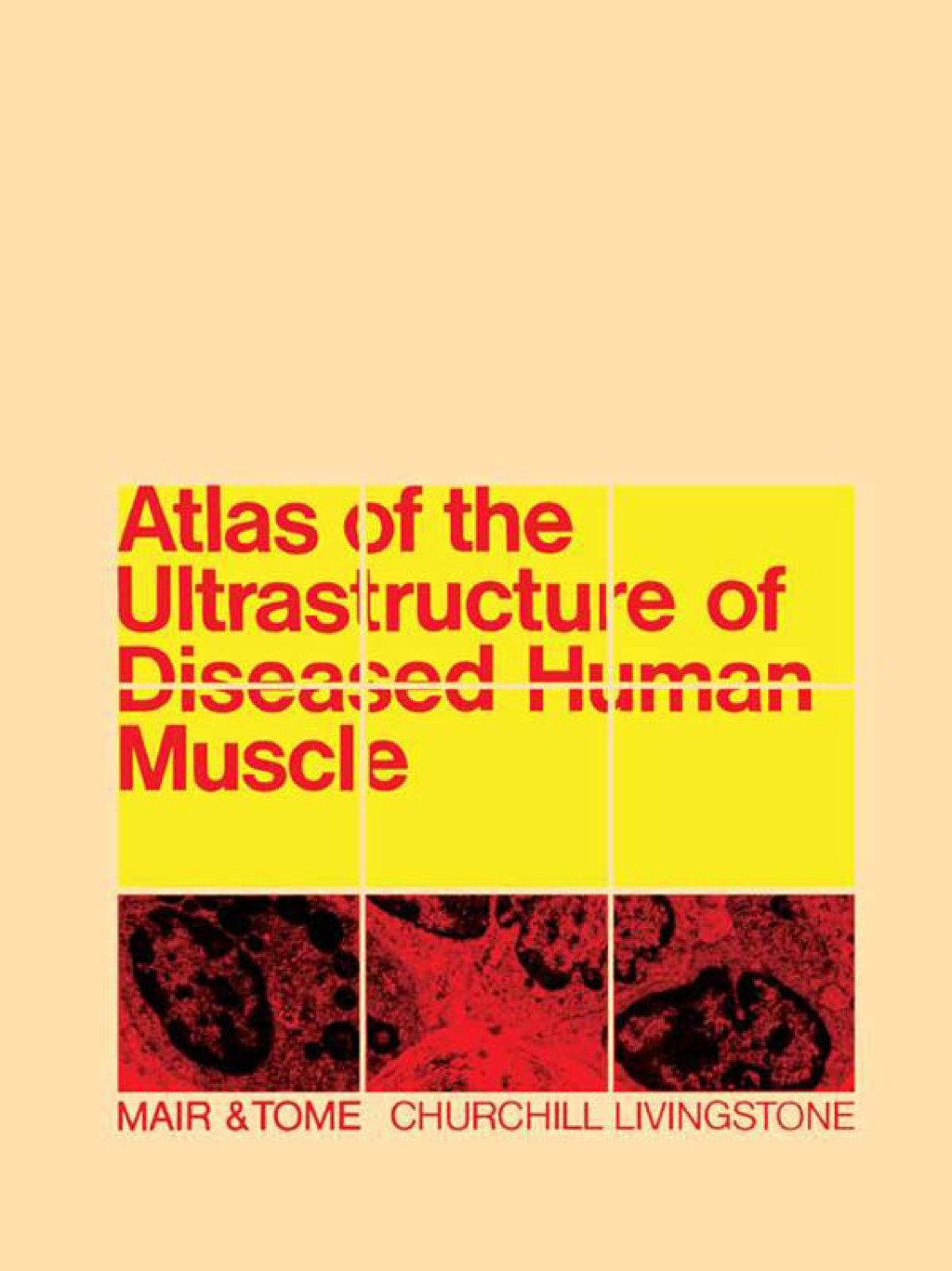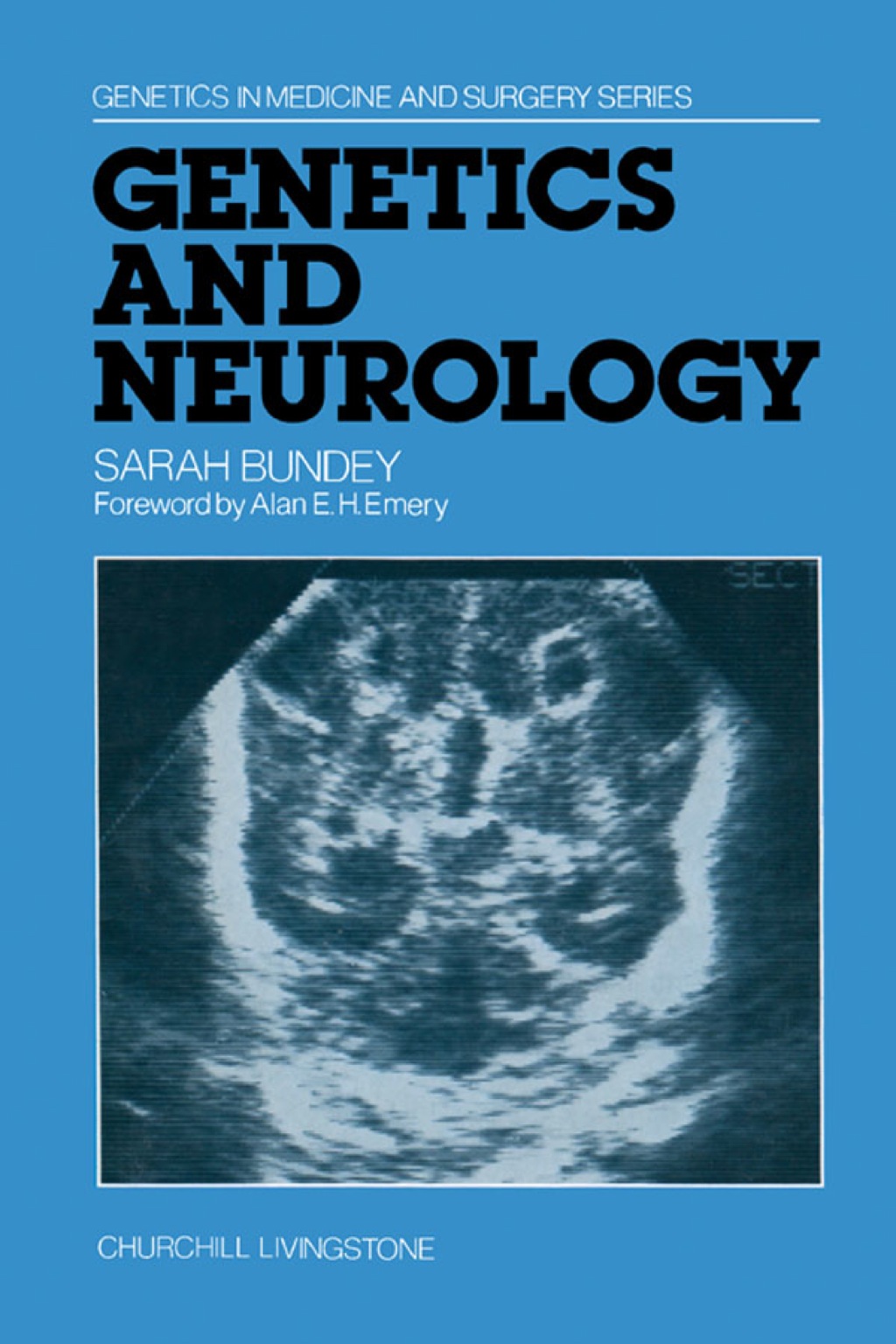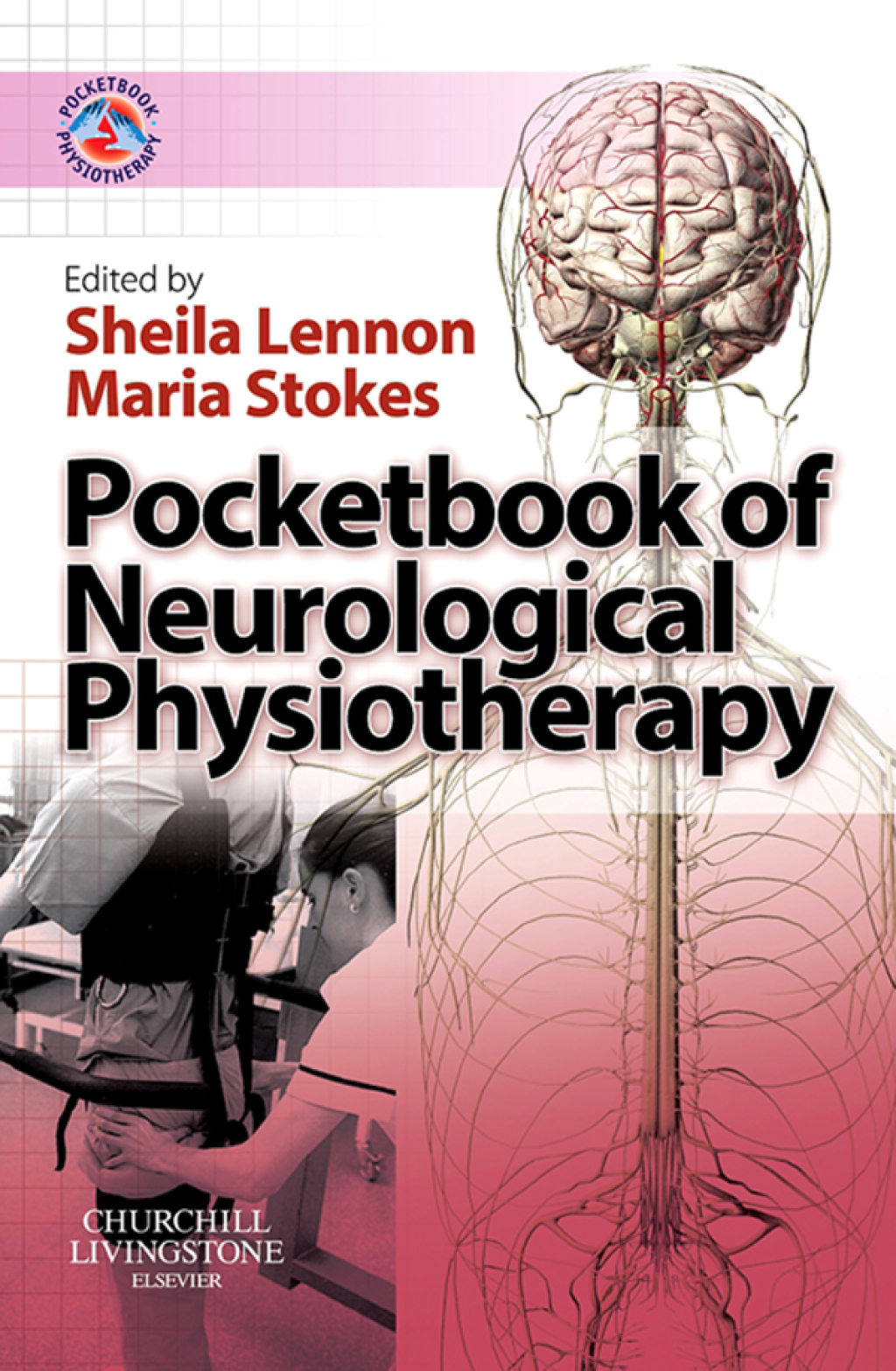The gut not only represents the largest endocrine organ of the human body but is also profoundly involved in the control of metabolism through peptide hormones. Therefore, gastrointestinal hormones are acting via autocrine, paracrine, and classical endocrine pathways and regulate e.g. digestion, hunger, and satiety. Furthermore, they are important regulators of body weight, growth, and glucose metabolism, as well as of mood and behavior. Physicians and scientists in the field of pediatric endocrinology and diabetes, as well as in pediatric gastroenterology, require an extensive understanding of the origin of enteroendocrine cells, factors controlling their differentiation, hormone gene expression, secretion, function and, finally, the complex interaction with other organs, especially the central nervous system. In order to meet these needs, experts in the field have written up-to-date, comprehensive, and illustrated reviews presenting the current knowledge in the field of gastrointestinal endocrinology with a pediatric view. Those reviews comprise this latest volume of Endocrine Development.
“Atlas of the Ultrastructure of Diseased Human Muscle” has been added to your cart. View cart
Developmental Biology of Gastrointestinal Hormones 10th ESPE Advanced Seminar in Developmental Endocrinology, Ulm, June 2016 1st Edition
Author(s):
Publisher: S. Karger AG (Switzerland)
ISBN: 9783318059731
Edition: 1st Edition
$39,99
Delivery: This can be downloaded Immediately after purchasing.
Version: Only PDF Version.
Compatible Devices: Can be read on any device (Kindle, NOOK, Android/IOS devices, Windows, MAC)
Quality: High Quality. No missing contents. Printable
Recommended Software: Check here

